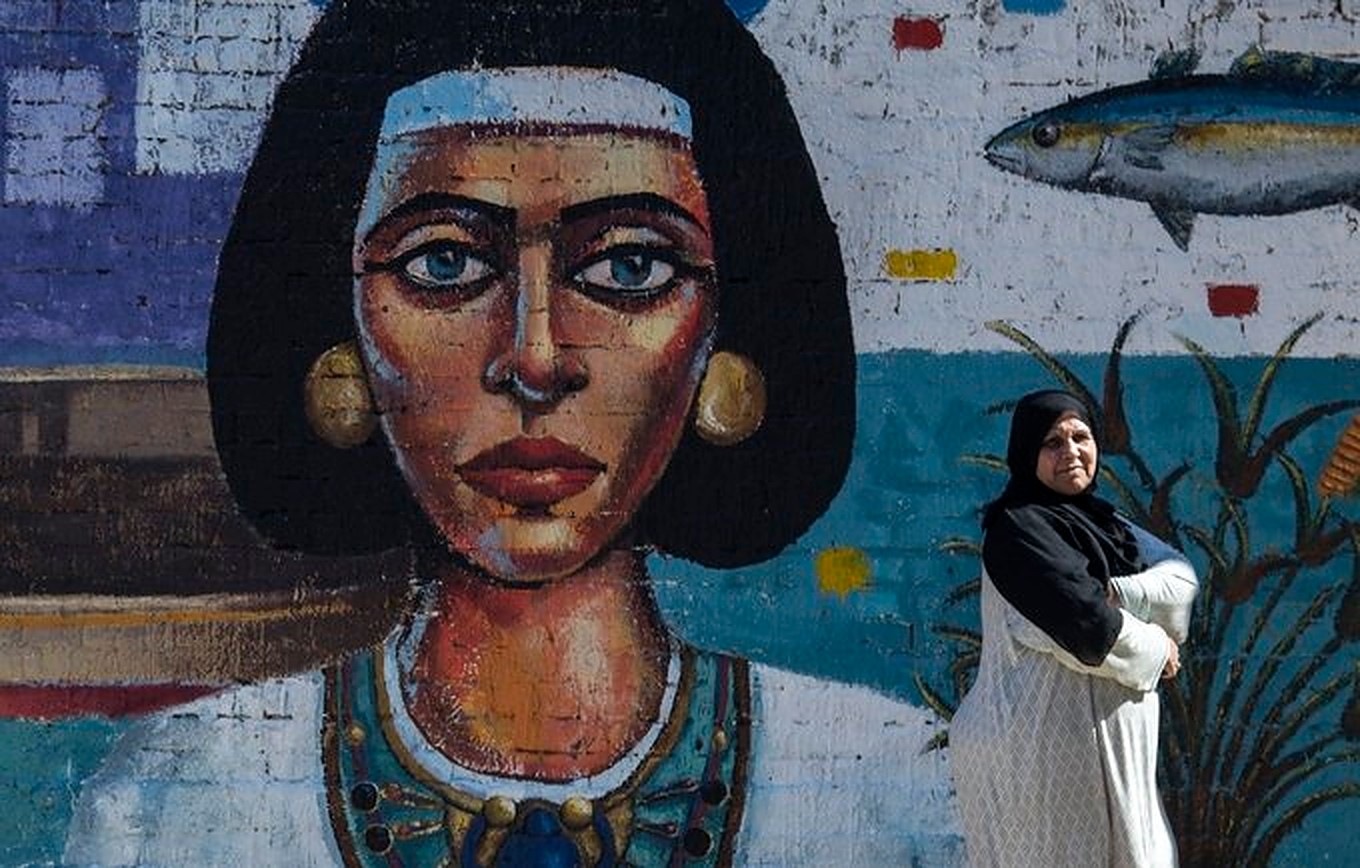To say that women and girls worldwide have been severely affected by this crisis would be an understatement. To say that any country has adequately responded to the needs of these women and achieved gender equality would also shrink the magnitude of the problem and overlook the need for more stringent measures. According to the ILO, women are overrepresented at the front lines of this pandemic, accounting for 70 percent of the health and social services sector as well as the informal economy, meaning that they largely lack access to social protection programs and are at a higher risk of income losses. On top of that, the structural inequalities that were already deep rooted in societies have become ever more apparent, with a spike in domestic violence in Egypt and the world, sexual harassment and particularly online sexual exploitation and abuse of women and girls under lockdowns. Creating an effective response strategy to the COVID-19 crisis means putting the economic and social situation into context. It is testing every country’s social, political and economic resilience, as Cesar Augusto Mba Abogo, Minister of Finance, Economy and Planning of Equatorial Guinea, notes. Below…
How Egypt, France and Other Countries Took Measures to Support Women During COVID-19 Crisis
May 12, 2020



